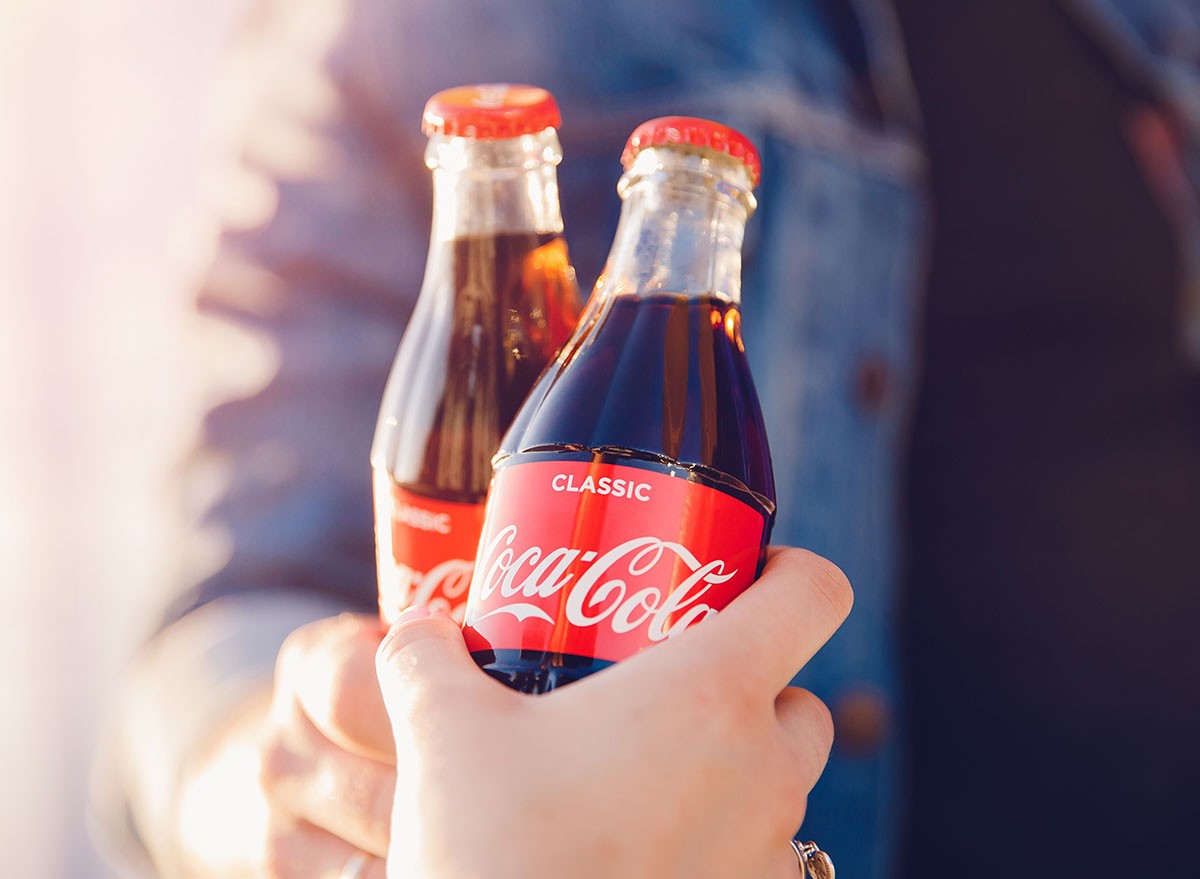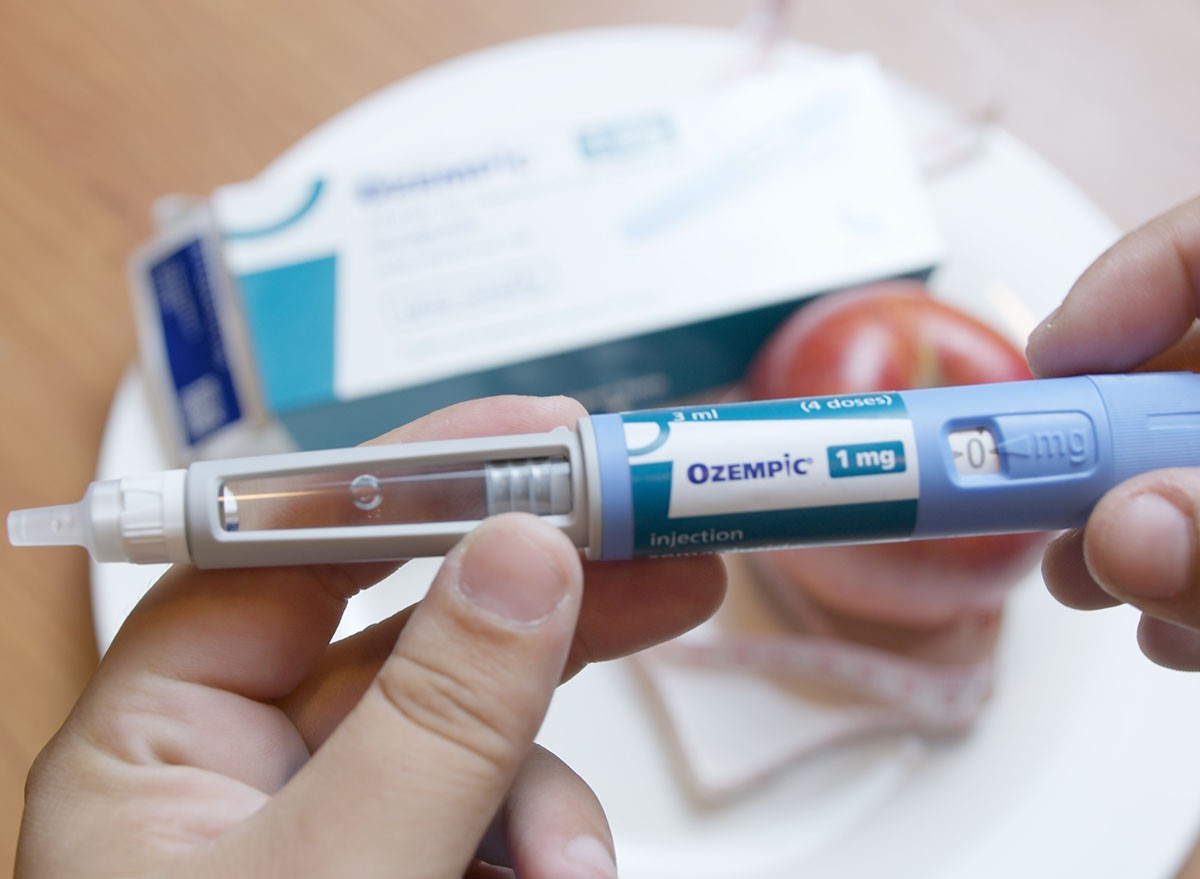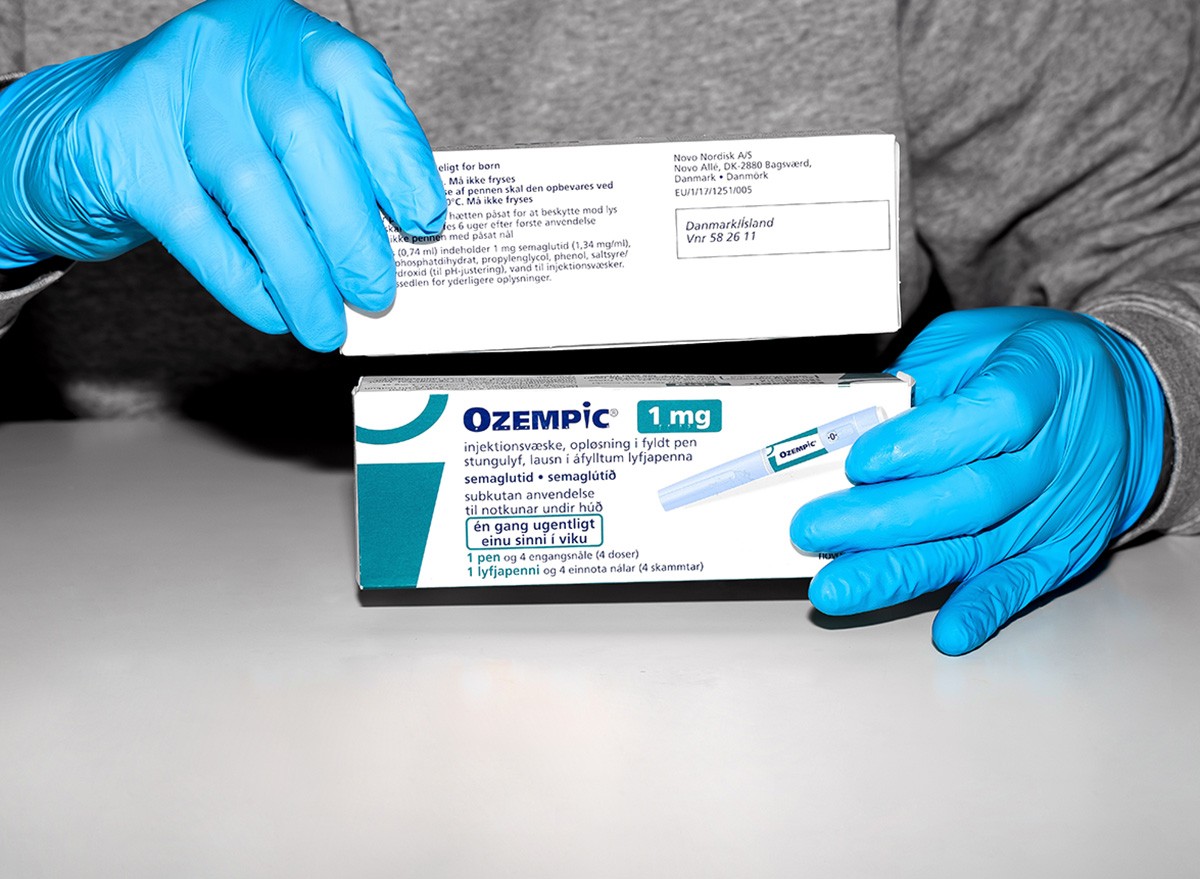3 Simple Tips to Burn More Fat on Ozempic and Mounjaro

Struggling with weight loss can feel like an uphill battle, especially when diet and exercise alone aren't delivering the results you need. For many people, weight loss medications have become a game-changer in their health journey. Dr. Jennifer McCann, a Board-certified OB/GYN and Obesity Medicine specialist, has been helping women optimize their health for over 12 years through comprehensive care that addresses gynecology, hormonal balance, and weight management. Read on to discover her expert tips that could supercharge your results while on these increasingly popular medications.
What Are Weight Loss Injections?
These breakthrough treatments include medications like semaglutide (Ozempic) and tirzepatide (Mounjaro), explains Dr. McCann. While semaglutide has received FDA approval specifically for weight loss in certain individuals, tirzepatide is currently approved for type 2 diabetes treatment. Despite this distinction, Dr. McCann notes that both medications have demonstrated significant weight loss results, particularly beneficial for those with limited mobility who struggle with traditional exercise-based approaches.
RELATED: 15 Things to Know Before Requesting Ozempic for Weight Loss
How These Medications Work

The science behind these injections involves multiple mechanisms that work together to promote weight loss. "They inhibit glucagon release, which is what makes you hungry," Dr. McCann explains in her post. Additionally, these medications decrease glucose production from the liver, delay gastric emptying, and reduce appetite—all contributing to what can be substantial weight reduction. However, Dr. McCann cautions that they aren't suitable for everyone, particularly those with personal or family histories of thyroid cancer or certain endocrine conditions.
Consider Potential Side Effects

Before starting any weight loss medication, it's important to understand possible side effects. Dr. McCann reports that patients may experience nausea, vomiting, diarrhea, and abdominal cramps when beginning treatment. "Most of these side effects go away or subside after taking these medicines for a few weeks, but they can be prolonged and sometimes they don't go away," says Dr. McCann. This realistic expectation setting helps patients prepare for their weight loss journey.
Tip #1: Eliminate All Sodas and Sugary Drinks

Making this critical lifestyle change while on weight loss injections can dramatically improve your results. Dr. McCann emphasizes the serious impact of sugary beverages: "Drinking one can of soda can make you gain 15 pounds over one year. One can a day, 15 pounds over one year." This warning extends beyond just sodas to include slushies, sweetened coffee drinks, and any beverage with significant sugar content. The good news? You don't have to give up caffeine—Dr. McCann suggests black coffee with stevia or sugar-free skinny lattes as satisfying alternatives.
Tip #2: Prioritize Lean Protein

When your appetite decreases due to the medication, making every calorie count becomes essential. "Protein increases your metabolism by increasing your muscle, and that again lets you burn more calories," Dr. McCann advises. Because these medications both reduce appetite and slow digestion, focusing on lean protein whenever you do eat helps maintain muscle mass—crucial for keeping your metabolism active. Without adequate protein intake, you risk losing muscle along with fat, potentially compromising your long-term results.
RELATED: 20 Possible Ozempic Side Effects
Tip #3: Commit to Regular Exercise

No weight loss strategy would be complete without physical activity, and Dr. McCann's approach is refreshingly accessible. For beginners without an existing exercise routine, she recommends just 20 minutes of high-intensity training four times weekly—nothing overwhelming but enough to make a difference. "Exercise is very important for weight loss, for keeping the weight off, for your cardiovascular health," explains Dr. McCann, adding that it also serves as a natural anxiety remedy by releasing cortisol. For those with physical limitations, she suggests consulting a personal trainer to develop appropriate muscle-maintaining activities.
Use Medications as a Starting Point for Lasting Change

The true value of weight loss injections lies in how you leverage their effects. Dr. McCann encourages patients to view these medications as catalysts rather than permanent solutions: "Use this weight loss boost to start your healthy living so that you can lose even more weight and be able to keep it off after you stop the injections." This mindset shifts the focus from temporary medical intervention to sustainable lifestyle transformation—ultimately the key to maintaining your hard-earned results.
RELATED: What Happens to Your Body When You Stop Taking Ozempic
Remember: It's About Long-Term Success

Weight loss injections can provide impressive initial results, but your habits determine whether those results last. Dr. McCann emphasizes that the habits you develop while on medication—eliminating sugary drinks, prioritizing protein, and establishing regular exercise—create the foundation for lasting success. By implementing these practices now, you're not just maximizing your current weight loss; you're building the lifestyle that will help you maintain your healthier weight for years to come. And if you enjoyed this article, be sure to check out these 20 Incredible Ozempic Success Stories of All Time.




